November 2021 PUC Updates
Clean Energy Action Board Member Marguerite Behringer works for E9 Insight and part of her work is to compile summaries of Colorado Public Utilities Commission activities. E9 Insight has given CEA permission to publish the items that we think our readers might find useful. If you have questions about the content, please contact hello@e9insight.com.
Note: Xcel Energy does business in Colorado as Public Service Company of Colorado (PSCo).
Note: PUC refers to the Colorado Public Utilities Commission.
Business Models: Moneymaking, Programs, and Regional Impacts
21A-0141E Xcel 2021 Clean Energy Plan
On November 24, PSCo filed a non-unanimous partial settlement agreement in its Clean Energy Plan proceeding. The settlement addressed several Phase II issues, including modeling inputs (storage ELCC, the social cost of carbon, and others); reporting requirements to evaluate disproportionately impacted communities; heat maps for emissions and renewable demand; an agreement to evaluate the No New Natural Gas Build portfolio; and an agreement to re-bid gas units into the Resource Acquisition Plan. The settlement contained a Coal Action Plan with accelerated timelines for PSCo’s coal fleet, with new retirements starting in 2028. The parties agreed that the Pawnee facility will not be subject to accelerated retirement, and instead will be converted to natural gas no later than January 2026. The Comanche 3 unit retirement was accelerated from 2070 to December 2034, with reduced operations at the plant starting in 2022 by varying capacity factors from 33-60%. Parties agreed to design a new performance incentive (PIM) for the emissions reductions associated with the Clean Energy Plan. The settlement also contained a variety of other commitments, including creation of a Just Transition Plan for the Comanche 3 plant, inclusion of energy storage in RFP documents, RFP in-service dates as early as 2023, commitments to work with the City of Boulder to develop a “Zero Emissions Community Portfolio Program,” a transmission interconnection expansion study, consideration of Best Value Employment Metrics for its RFP, and others.
Various Dockets: Tariff Adjustments
Xcel filed a total of eight tariff adjustments in November 2021, while Black Hills filed six. Tariff adjustments are often routine and inconsequential, but they may also contain hidden requests. This month, tariff filings were routine and inconsequential. Here is a summary of what was filed by Xcel:
Tariff CACJA: To cancel the Clean Air Clean Jobs Act rider, a rider associated with 2010 legislation and associated projects. Similar riders have been created for compliance with 2019 legislation.
Tariff ISOC: Adjustments to avoided energy cost in the Interruptible Service Option Credit, a demand response program for nonresidential customers
Tariff 2022 QF: To revise capacity and energy payment rates for “qualifying facilities,” distributed energy systems under 100 kW. This tariff is similar to a net metering tariff. Currently, only one customer is taking service under this rate.
Tariff ECA: Energy Cost Adjustment, related to the costs of purchasing energy
Tariff RC: Updates the Renewable*Connect credit, an optional service for customers to purchase photovoltaic energy by subscriber agreement. The rate was increased due to higher forecasted natural gas pricing for 2022.
Tariff SRCS: Updates the Solar*Rewards Community Service credit for commercial and industrial customers
Tariff TGS: Adjusts transmission rates
Tariff 2022 Interest Rates: Modifies the current rate of interest on customer deposits from 0.74% to 0.08%
Black Hills Energy similarly filed modifications to its interest tariffs, community solar, energy cost adjustments, and avoided costs.
